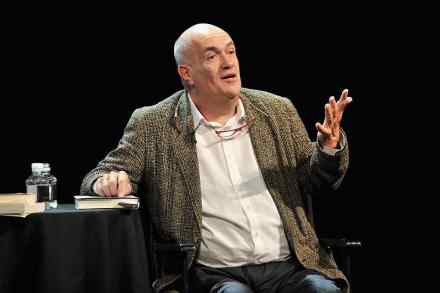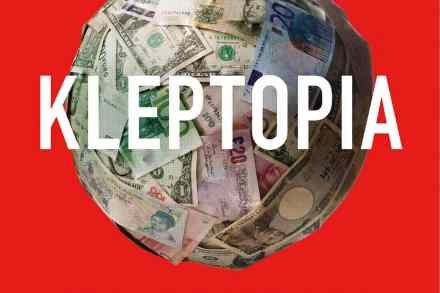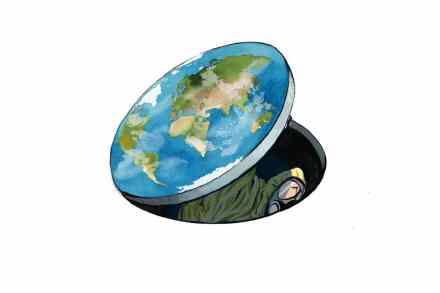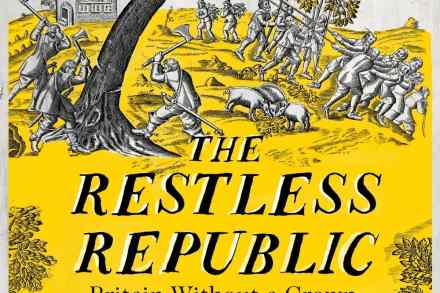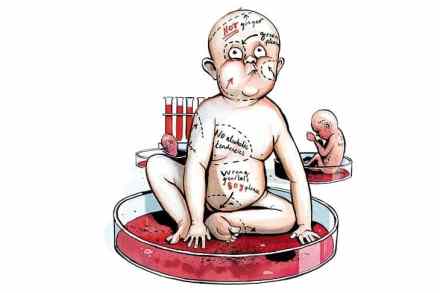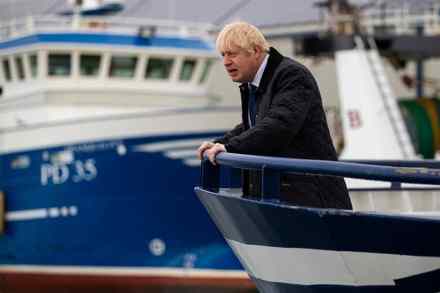Colm Toibin: Vinegar Hill
40 min listen
My guest in this week’s Book Club podcast is Colm Toibin. Best known as a novelist, Colm’s new book is his first collection of poetry, Vinegar Hill. He tells me about coming late to poetry, the freedoms and austerities it offers, and why writing isn’t fun. Plus: surviving cancer and outstaying his St Patrick’s Day
